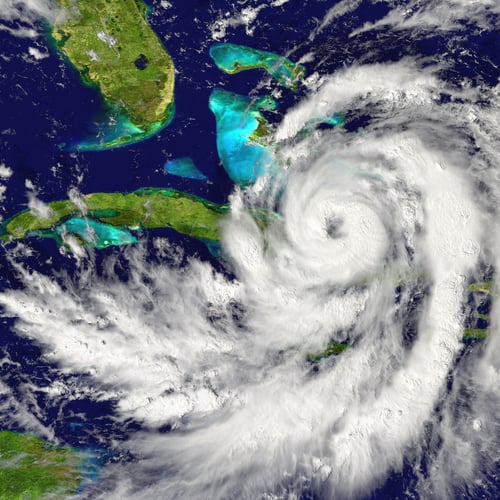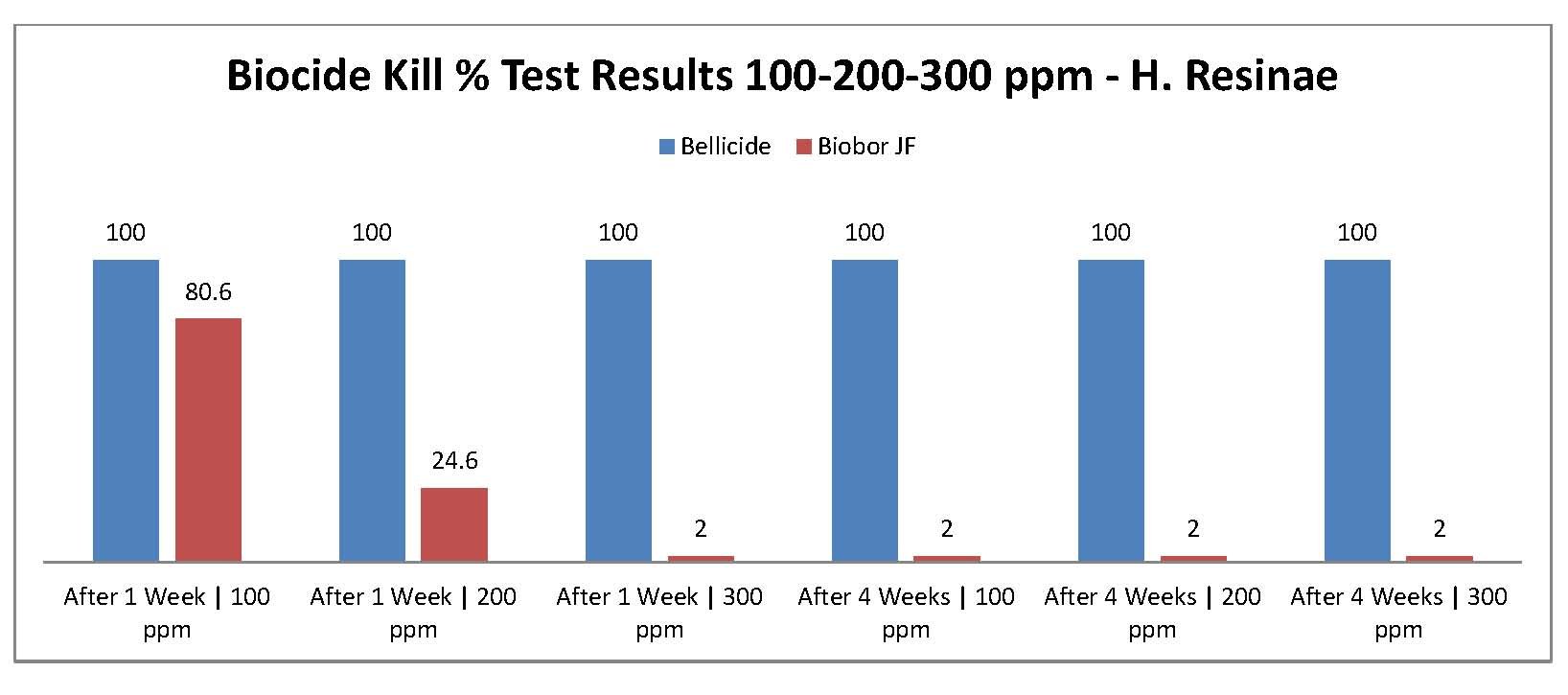How to Ensure You Are Prepared for This Hurricane Season
Work for any kind of municipal government or other large entity? You probably have a contingency plan in place dictating the actions to be taken to...

In business, a "wow fact" is something that seems unbelievable and makes people sit up and take notice. Often, someone making a case for doing something rather ordinary will do so by talking about "wow facts", like a dietician emphasizing the importance of a healthy diet by saying "Today, fruits like peaches contain less than 2% of the Vitamin A than they did in the 1950s". Someone might read that and think "Wow, I didn't know that. Maybe I should learn more about nutrition."
In the world of business, information overload is, well, everywhere. Fleet directors and business owners get sent information every day about why they need to do this or that, concerning the fuels they're using. So we're not here to pile on. We're here to talk about some "wow facts" in these areas of fuel contamination and fuel health - stuff you may not know, but will make you sit up and say 'Hmmm, I didn't know that."
Or more specifically, better make sure that the fuel in your generator is up to par. Remember the big North American Blackout of 2003? The one that affected 50 million people? I (the guy who's writing this) remember it because I was in Atlanta at a body shop, getting a broken windshield replaced and it was all over the news. The "wow fact" here is that more than 20% of all backup generation systems in that area either did not start or sputtered to a stop after just a few minutes. That's a lot of failure at the time when people needed them most. It was all because the fuel wasn't properly maintained.
To be fair, who really expects a blackout like that to happen? That's partly the point, though. Generators (and their backup fuel) are there so that you're prepared for surprises. That doesn't mean that they don't require a little "keeping up with".
Anyone over the age of 50 who says, "Things just aren't what they used to be", well, they're right if they're talking about gas and diesel fuel. Here's a "wow fact": In 1965, commercial gasoline could be stored for 2-5 years. Today, the expected shelf life of gasoline is 30-90 days. What about diesel? #2 diesel with a small amount of bio mixed in degrades in storage by 26% in the first month. And if there's water present, it degrades by 95%. This is according to studies conducted at The University of Idaho.
These fuel facts have direct bearing on the health of businesses going into hurricane season. Any business that relies on stored fuel or backup generation better have a plan for making sure it can get through the aftermath of a hurricane or major disaster and be left standing. Another "wow fact" is that 80% of businesses adversely affected by a disaster (and who don't have sufficient resources to deal with the damage) will go out of business within about a month.
Being properly prepared to deal with something like a hurricane or major storm means having the ability to get back to work, doing whatever you do, in as short a period of time as possible after a disaster. An unprepared business would be one that lives on the margins so much that if their generator or backup system fails due to a fuel problem (remember the 20% figure from above), they can't do business and they can't handle being "out of pocket" for two or three weeks.
So don't be one of those businesses. Remember, nobody plans to go bankrupt after a storm. Prepare your backup systems and protocols so your business can be ready for anything the world throws at you.
Other posts you may be interested in:

Work for any kind of municipal government or other large entity? You probably have a contingency plan in place dictating the actions to be taken to...

With the differences between farm fuels of today and the past, fuel biocides are an essential and necessary part of the arsenal employed by...
Getting quality fuel that’s in-spec only means you're halfway home when you're considering stored fuel quality. The storage tank you put it in has...